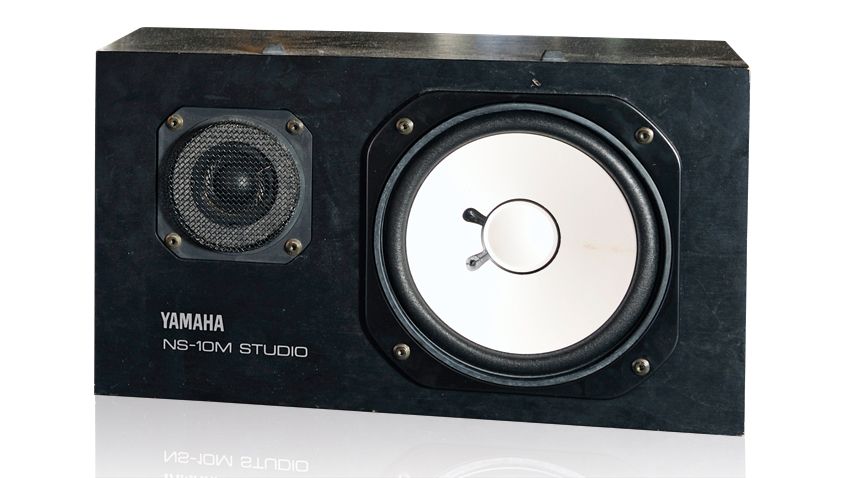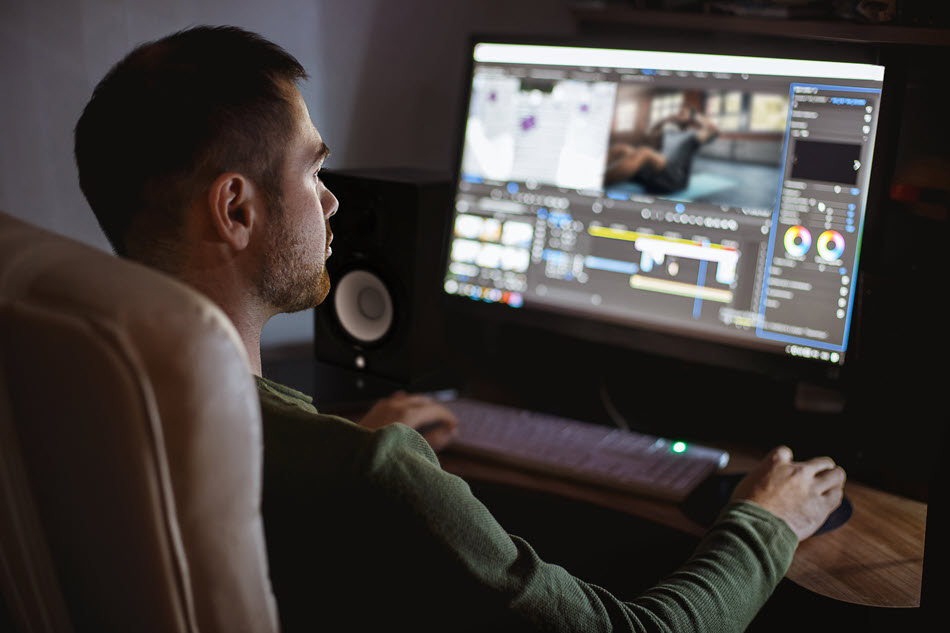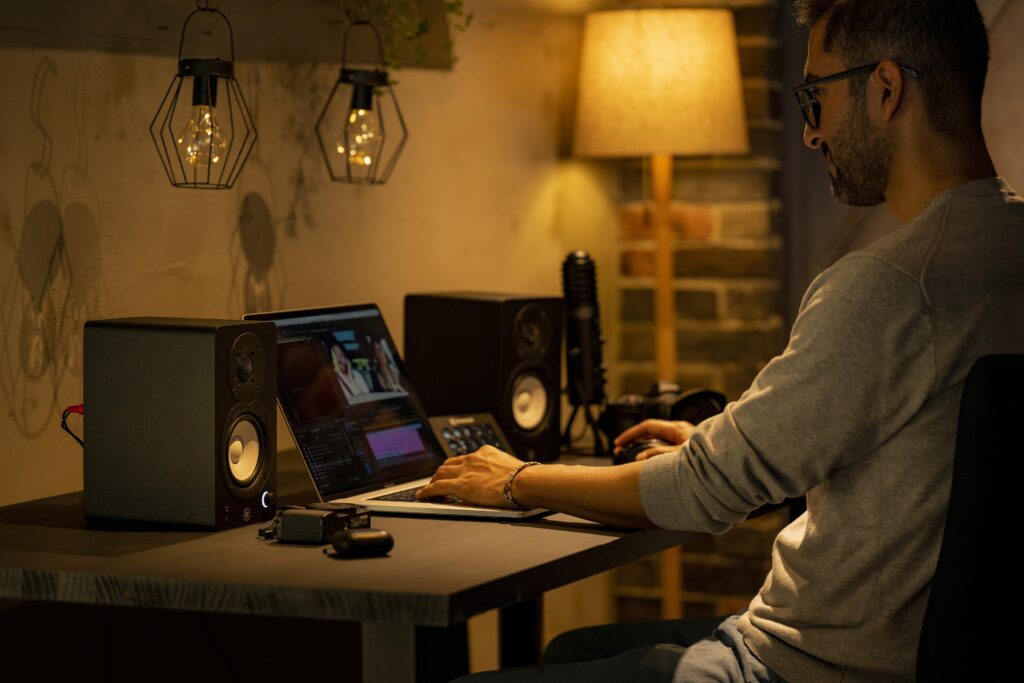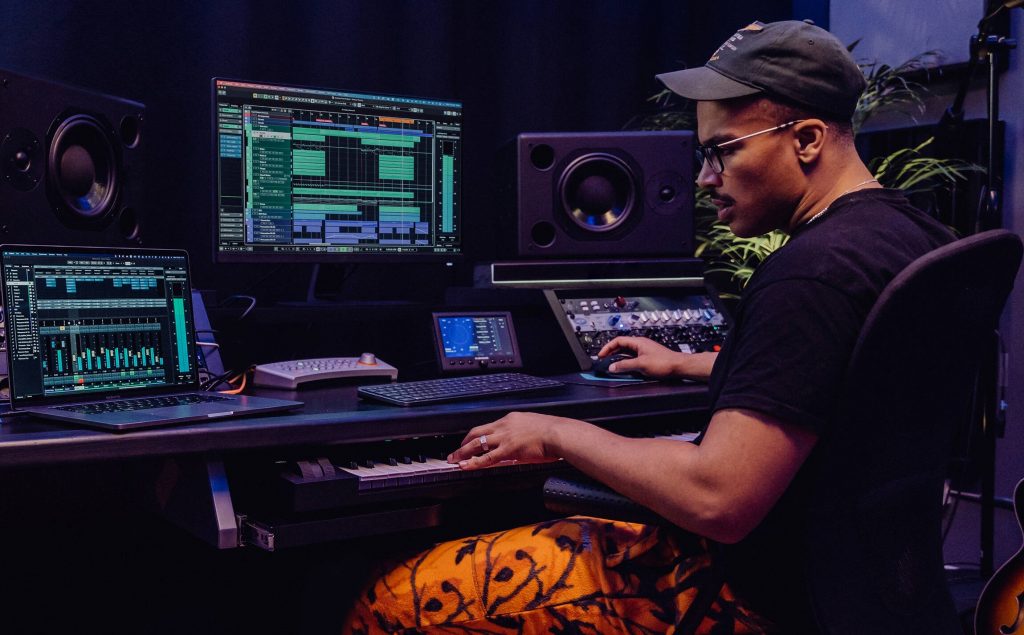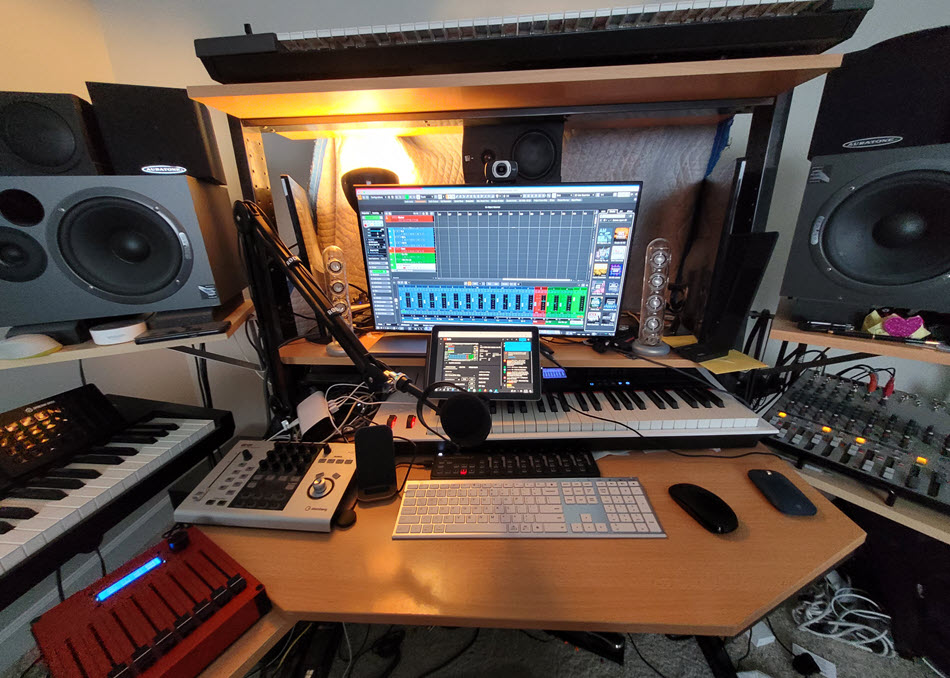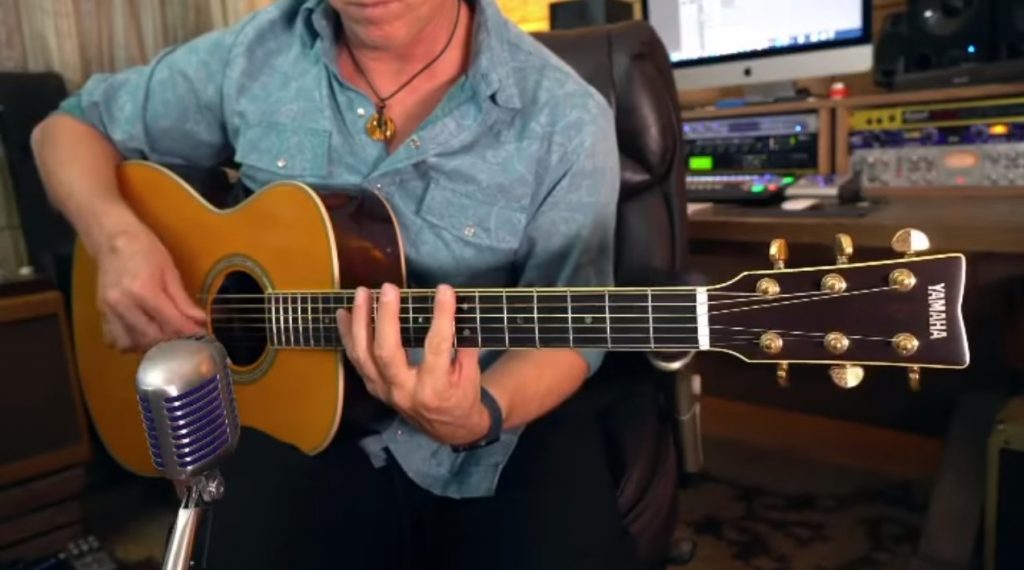Top Five Reasons for Having a Home Studio
It pays to invest in your creativity.
Once upon a time, making a record meant booking expensive time in a professional studio. These days, advances in technology mean that anyone can craft quality recordings in the comfort of their homes. In fact, there’s a whole genre built from access to home studios, called, appropriately enough, “bedroom pop.”
Here are five reasons why you should consider having a home studio of your own.
1. It’s Affordable
Professional recording studios charge by the hour. Even if that tariff seems fairly nominal (say in the $20 – $50 per hour range, which is what you might expect to pay for the use of a small facility), it can add up quickly if you’re not well-rehearsed or start getting drawn into the “just one more overdub” spiral … or if you or any of your bandmates are perfectionists.
So, for the price of a single session or two, you could invest in owning equipment that could give you good service for a decade or more. “Today,” says Pacific Northwest songwriter Robb Benson, “folks can grab a really affordable DAW and just go to town.”
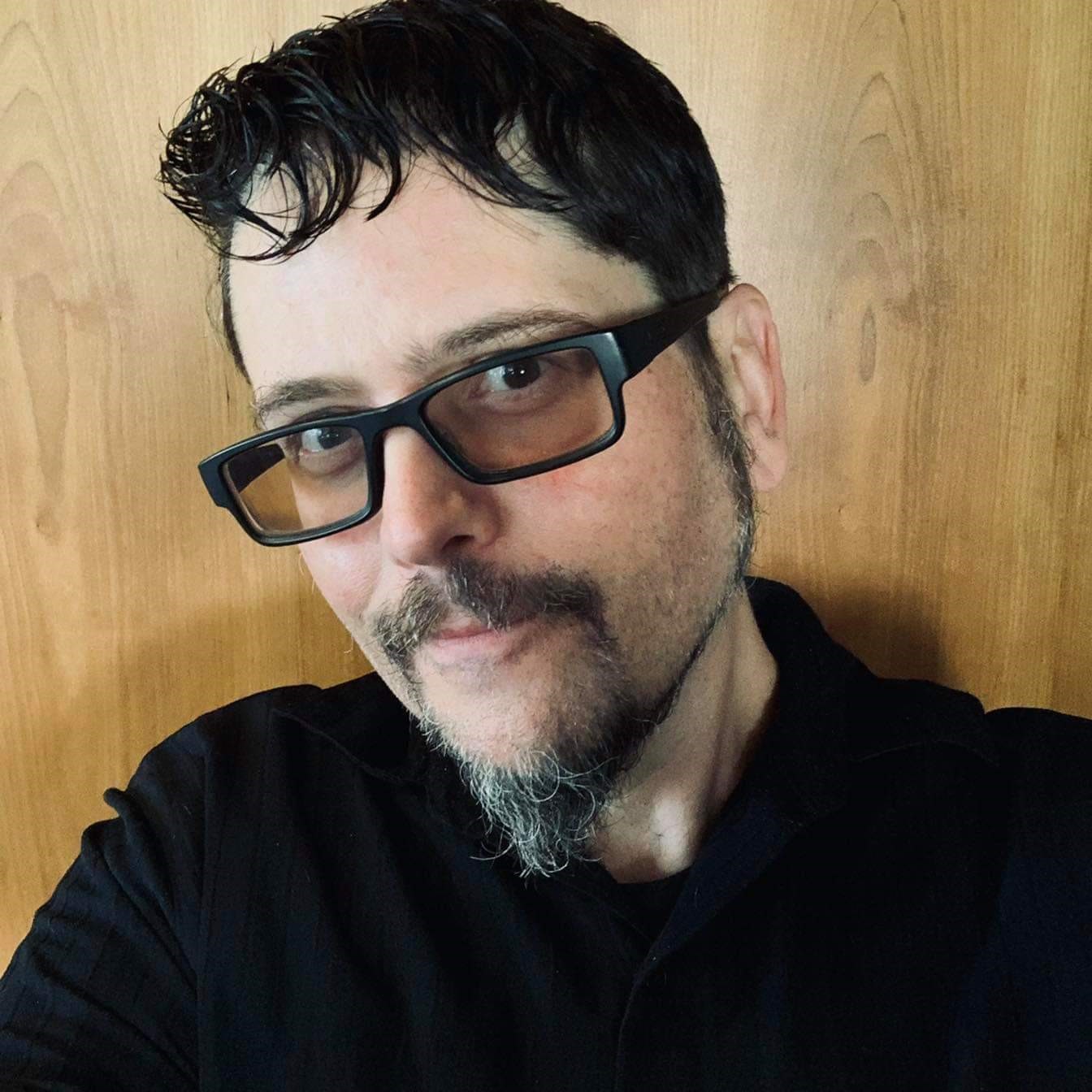
Benson is right about simplicity: The basic starting point for home studios these days is merely a laptop computer (which pretty much everyone already has) and an audio interface, plus DAW (digital audio workstation) software such as Steinberg Cubase, Cubase LE or Cubase AI (the latter comes bundled free of charge with many Yamaha products). Check out this blog posting for more information about equipping a home studio.
2. You Can Use It Anytime
Recording engineers and studios aren’t like dentists or doctors; there is no emergency help line to call in the middle of the night. But if you have your own studio, you have access and opportunity at your fingertips 24/7 … meaning that you can tinker with your tracks whenever you like.
“If I didn’t have my own studio setup, I’d be waiting to record all the time,” says Seattle indie musician Joel Myers. “My studio is a workshop, rehearsal space, office and far-out dream zone. In short, it’s my happy place.”

3. It’s a Good Learning Opportunity
Building a home studio may seem challenging, even overwhelming. But it’s also a welcome chance for discovery.
You may have always thought of yourself as just a musician, but owning a home studio means you’re also going to have to learn to be a recording engineer, or at the very least acquire some basic recording skills. These days, that’s a distinct plus — an advantage that can only enhance your chances of achieving success as a musician. And it really doesn’t matter how large or small your home studio is, or how you equip it — the important thing is that the gear serves your particular needs.
“I’ve worked out of closets, garages, basements and tool sheds,” says Myers, adding the following piece of sage advice: “Once you’ve got the space, surround yourself with things that inspire you.”
4. It Gives You Full Control Over Your Music
Anyone who’s ever been in a professional recording studio knows that there’s a lot of sitting around waiting for the engineer and producer to set things up, tweak controls and move faders. When you’re in the hands of another person, you’re on their timetable, reliant on how they do things like position microphones or program effects … all while the clock is ticking. If they make a mistake, it costs you.
But in your home studio, you’re the sole driver behind the wheel. You can try placing mics wherever you want; you can dial back the bass on the kick drum or add edge to the lead vocal; you can experiment with guitar sounds and synth tones to your heart’s content. There is no middleman —just you and your (wild) imagination.
“In the ’90s,” says Benson, “I was constantly going into big studios, and I was not happy with the mixes [or with] paying so much money, so I finally decided I needed to try my hand at mixing my own tunes” — a decision that helped him land a record deal.
5. It’s a Great Way to Develop Your Unique Sound
When you have a home studio, there are essentially no limitations — no worries about cost-per-hour, or hoping that someone else will interpret your ideas correctly. You’re free to try a little of this or a lot of that; some of column A and all of column Z.
“You can experiment for days and days until you find the sound you’re after,” enthuses Benson. “Don’t get me wrong: Once you know your sound, it’s great to go to a really nice studio later on. But sometimes your home cuts are so good that they get the attention of the right people.”
Who knows what wonderful music we might have lost out on because the means of creativity weren’t around in the “good old” days? These days, you can record whenever and however you want. It’s a win-win for both you and your audience.
Photos courtesy Robb Benson and Joel Myers.
Check out these related blog articles:










